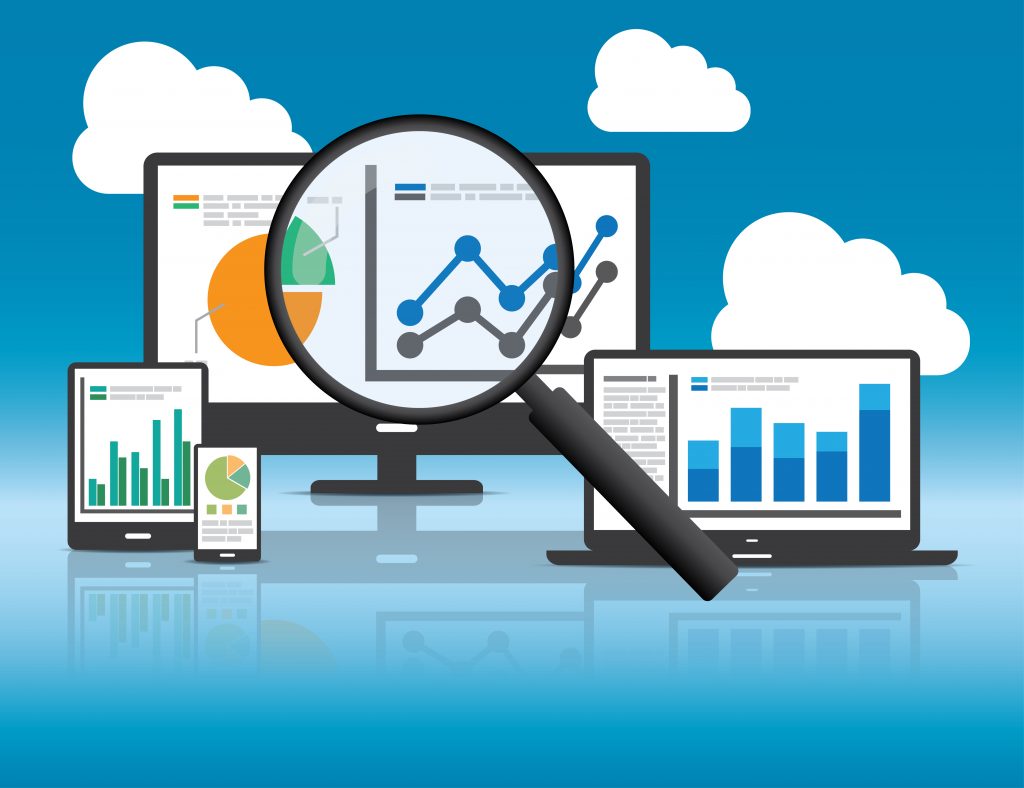Using Big Data for SEO in 2024

At the core of big data is insightful information. That information can help to guide decision-making, content creation, and SEO effectiveness. Both big data itself and its influence on SEO are becoming a huge area to explore, but without understanding the importance of dual-alignment your digital marketing and your SEO effectiveness will be greatly diminished.
SEO Basics and Big Data
If you want to create the best in SEO strategies, then you need to use the data that is available to you. SEO is reliant on the analysis of your measurable data sets and your metrics. For improved SEO performance, you need to establish your authority, build brand trust, and use the right keywords at all times. For instance, according to Dagmar Marketing, if you have a law firm website you need to continuously find new strategies that suits your niche. As SEO strategies change at a rapid pace, so you need to integrate the use of big data into your overall SEO plan. There are Companies like Nomvo that specialize in effective SEO, link building and ORM services.
1. Creating Content
Everything that you publish online needs to be fully optimized for SEO. Data-driven content can have a dramatic effect on your SEO performance, and that means ensuring that you:
- Use data to understand your audience and what content they want from you
- Deliver your content at the right time on the right platforms using existing data to gauge previous performance
- Measure the performance of everything that you publish
Content creation should be an integral part of your managed SEO campaigns, and for business owners that lack the time or the digital skills, there are companies available like clickintelligence.com that specialize in effective, data-driven content creation.
2. Social Platforms
Search engines are placing more value on social media presence, and that allows business owners to make more use of the data at their fingertips. Social platforms provide businesses and marketers with a high level of user analytics, and that can be vital when it comes to understanding more about your audience, what they want, and where they spend their time. Use your social analytics to guide your SEO performance and you will gain traction on SERPs.
3. The Customer Experience
The more that you use data to guide your online presence, the more positive your SEO results will be. Search engines want to provide value, and if you have a high bounce rate on specific pages then you will be punished for it with lower SERP rankings. By using your data to identify those roadblocks that add to a high bounce rate, you improve your standing in the eyes of the search engine algorithms. This leads to improved SERP rankings, better conversion rates, and higher levels of brand authority. Combined, these lead to brand trust that can continue to work in your favor when it comes to SERPs.
Big data and SEO are now partnered more than ever before. Using data to guide company growth is the key to an improved future and higher profit margins. Make sure that you understand the value of big data and how to get the most from it. If you are still relying on outdated SEO strategies, or guesswork based on gut-feeling, then your SEO effectiveness will steadily drop. That can only be bad news for your online reputation, your brand visibility, and your potential for growth.
Read Also:
2022 SEO Copywriting: Top 7 Skills Every Writer Should Have
Leveraging the Next Generation of Online Marketing for Businesses
6 Ways To Improve Your Marketing Strategies
4 Ways To Help You Improve Your Business With Digital Marketing
Why a DXP should be an integral part of your marketing strategy?
How AI Can Take Your SEO Strategy To The Next Level
Top 5 Digital Marketing Strategies for 2022
AI and Digital Marketing: What We Can Look Forward

























